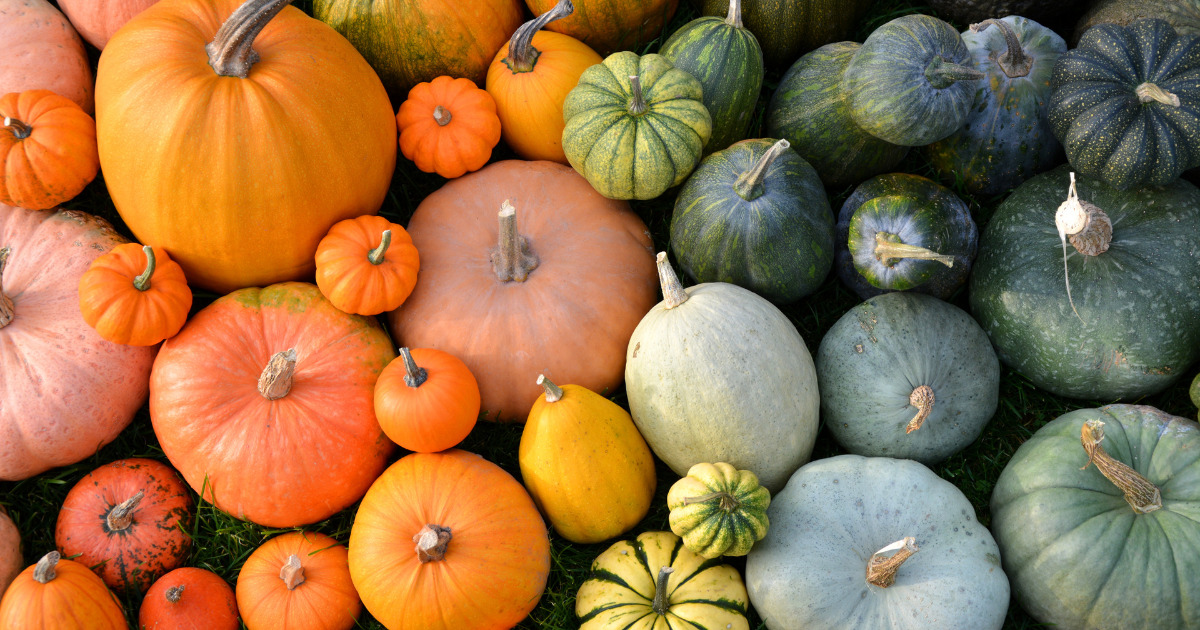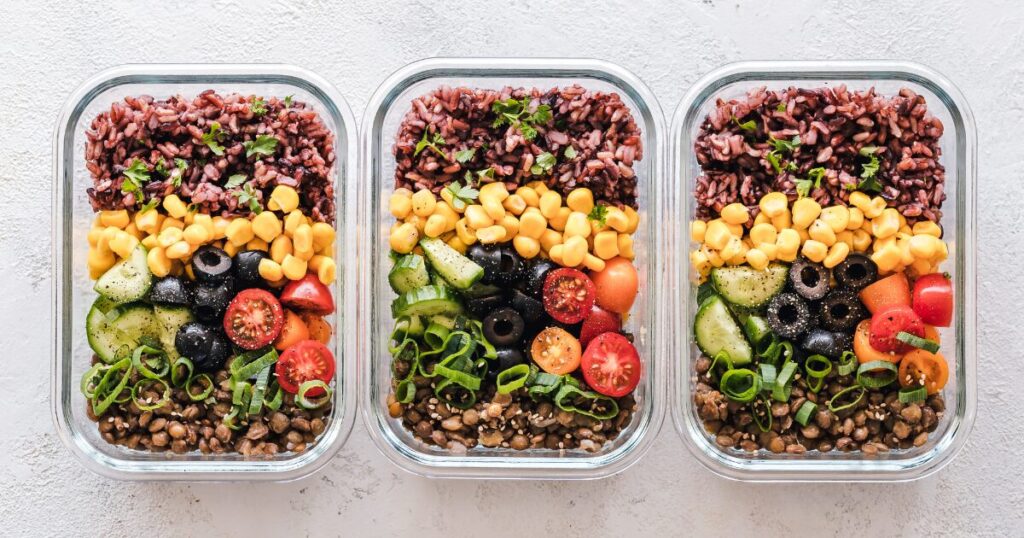The Nutritional Value of Squash
Nothing says autumn quite like squash. The many varieties add color to a plate and are packed with nutrients to keep us going during the busy fall and winter holidays. These sweet and savory jewels of the table are also very versatile, with recipes ranging from soups to gratins, and everything in between.
Common Varieties
You more than likely have seen butternut squash in the grocery stores, but there are so many others that you may not have tried, such as acorn, delicata, kabocha, and the now very popular, spaghetti squash. Other varieties include Hubbard, turban, sweet dumpling, buttercup, carnival, and the jack-o-lantern’s cousin, the sugar pumpkin, which are used for making that delicious fall favorite, pumpkin pie.
Squash Nutrition
The many varieties of squash are most certainly flavorsome, but they also offer many nutrients, playing a role in reducing the risk and complications of heart disease, cancer, and diabetes.
They are an excellent source of the following nutrients:
- Carotenoids (e.g. beta-carotene) – Antioxidants aid in cancer prevention and promote heart health. Some are the precursor to vitamin A, which can help with eye health.
- Vitamin C – Also known as ascorbic acid. An antioxidant that plays a role in infection control and wound healing.
- Vitamin B6 – Also known as pyridoxine. A coenzyme that plays a role in the metabolism of proteins, carbohydrates, and fats. It also supports the immune system and brain health and maintains homocysteine levels.
- Fiber – An indigestible carbohydrate that regulates blood sugars, staves off hunger and lowers cholesterol. It also bulks stool and promotes bowel movements.
- Magnesium – A mineral that assists with the building of protein and bones, and the regulation of blood sugar, blood pressure, and the functions of muscles and nerves. Magnesium is necessary for the contraction of muscles, including the heart.
- Potassium – Another mineral (an electrolyte) that is responsible for fluid balance inside the body’s cells. It also plays a role in muscle contraction and moderation of blood pressure.
- Protein – Needed for the formation of enzymes, hemoglobin, and muscle tissue.
Taking a look at the nutrition facts for acorn squash, a ½ cup serving provides 17% of the recommended daily allowance for Vitamin C and 10% for potassium. Not to mention, it also provides calcium and iron! Squash is a nutritional powerhouse that should be included as part of a healthy diet.
Squash is not only a sweet treat to add to your fall and winter menus, but it is also packed with nutrients, which can help our overall health. With the many varieties available and an abundance of recipes to try, it’s time to add squash to your next meal.

Sara Ross, RD | SaraRoss@hcsgcorp.com
“I love being a part of the interdisciplinary team for our facilities, mostly because of the daily opportunity to develop relationships with the residents and the team involved with their care. Every day, I learn something new about the individuals that I assess and treat, with the reward of knowing that I may have made a difference in their lives with food and nutrition.”
Sara has been a part of the HCSG team since July of 2021. Her beginnings with HCSG were as a dietitian in the Houston area, which led her to her current role as a Lead Dietitian for the Texas, Louisiana, and Arkansas regions. She earned both her Bachelor’s and Master’s degrees in Nutrition and Dietetics from Stephen F. Austin State University in Nacogdoches, TX, and is currently studying for the CDCES exam. Originally from Minneapolis, Minnesota, Sara now calls Houston home, where she lives with her husband and their pets. She was a chef prior to becoming a dietitian and still loves to cook, in addition to traveling to seek out new cultural, musical, and culinary experiences.
Related Articles —







